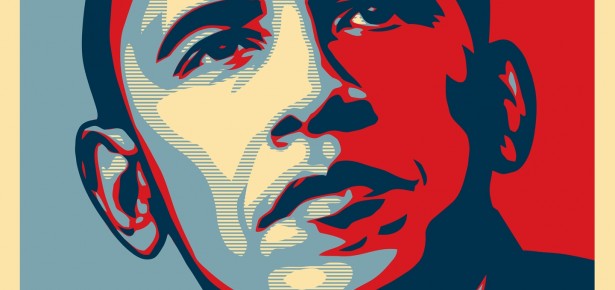
Does anyone enjoy politics any more? Anxieties about political participation have been commonplace in many democracies for at least 20 years, but just recently my desk has been groaning with the weight of articles examining “uncivic” cultures and crises of engagement. In the case of the USA, public dissatisfaction ratcheted up to outright anger at Capitol Hill politicians in the wake of the government shutdown last autumn. There’s quite a number of us shouting at our radios, it seems.
In fact, I do know of at least one person who enjoys politics. Joe Raspars, of Blue State Digital, ran online marketing for the two Obama presidential campaigns and has since been involved with a highly productive networking campaign for Green Bay Packer fans. The welcome page of his company’s website trumpets successes in getting people to become involved, take action and connect with each other. “Show real-world impacts through beautiful design,” it concludes. “Above all, make it fun.”
It was the “make it fun” line that got me. There are numerous parallels between commercial and political marketing, from advertising through brand-building to the latest phase of “Big Data” driven micro-targeting. Both sectors invoke metaphors of romance and warfare occur to describe their activities. However, warfare is far more common in politics. Commercial marketing is generally concerned to make seller-buyer exchanges relatively civil, convenient and pleasant experiences. All too often political discourse is uncivil if not downright nasty. Even some US consultants are concerned that the language of hate has reached a tipping point, damaging not just their industry but politics as a whole. Come to the UK’s regular Prime Minister’s Questions in the House of Commons, by the way, for some thoroughly laddish verbal fisticuffs. In short, politics doesn’t do much, certainly not enough, to “make it fun.”
Political marketing, often deservedly, gets a bad press. For some critics it is a contributory reason to why we dislike politics; it hollows the public sphere, it reduces politicians to on-message robots, it turns voters into crunched numbers and amenable targets. It prefers the simple and negative to the nuanced and positive. It squeezes the mainstream into a grab for votes at the center, effectively encouraging potentially damaging anti-party extremes to grow at the margins.
There is no reason to prefer the old-fashioned propaganda of the dedicated ideologue to modern marketed communication.
There is some truth in these complaints. However, as I argue in Consumer Democracy, salesmanship is inscribed in competitive democracy. Parties, much like other organizations in competitive markets, compete to influence publics that their offer is superior to others. There is no reason to prefer the old-fashioned propaganda of the dedicated ideologue to modern marketed communication. In fact, rather the reverse, because marketing is inherently (even if imperfectly) reciprocal. It has to pay some attention to the views and concerns of its potential voters. It can notice, as did the Obama campaign, that there is some public appetite for participation if it is made welcoming and convenient.
The late UK Labour party campaigner Philip Gould thought that the old top-down command-and-control marketing model was becoming obsolete in both politics and commerce. We the people, as citizens and consumers, were become less deferential and more demanding, expecting more inclusion and higher ethical standards.
Let’s not get too optimistic; the top-down, warfare marketing model is not dead and is likely to get a good airing at next year’s UK general election. But it is clear that spaces are opening up for citizens to influence marketing. There is room for optimism. Consumer Democracy explores how we can make political marketing fit closer to democratic ideals of inclusion, participation and citizen sovereignty.
Latest Comments
Have your say!